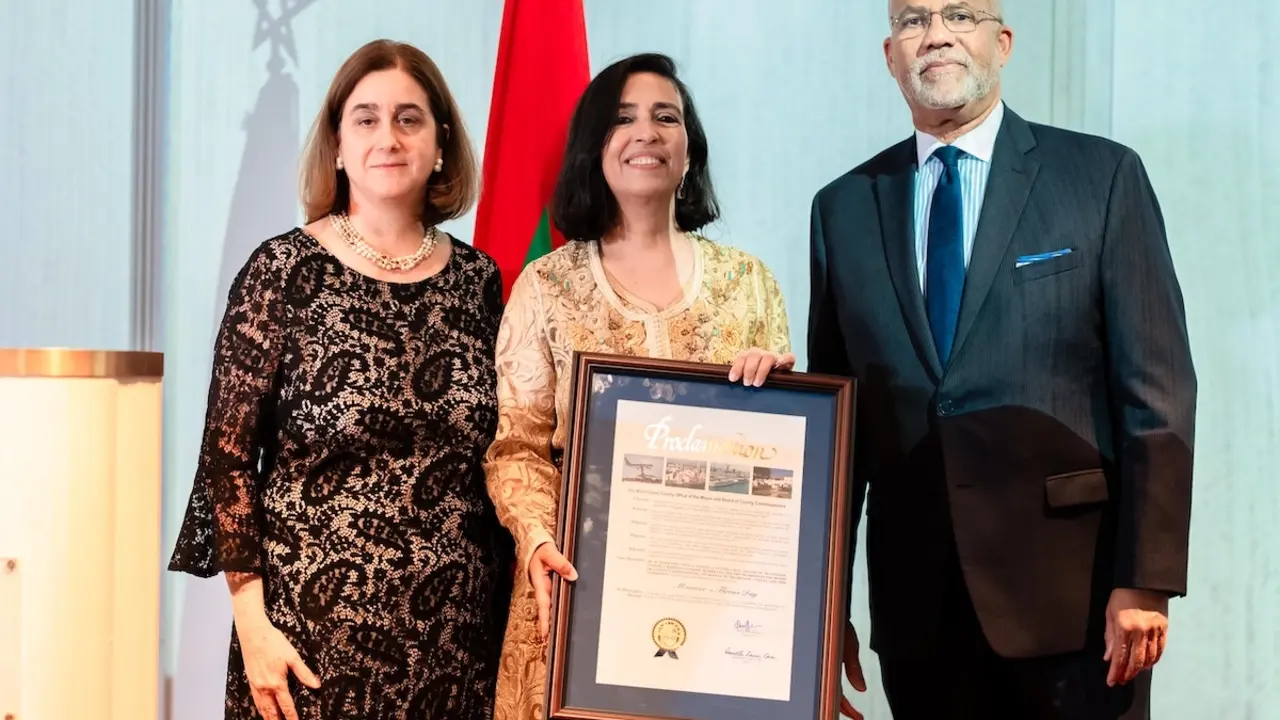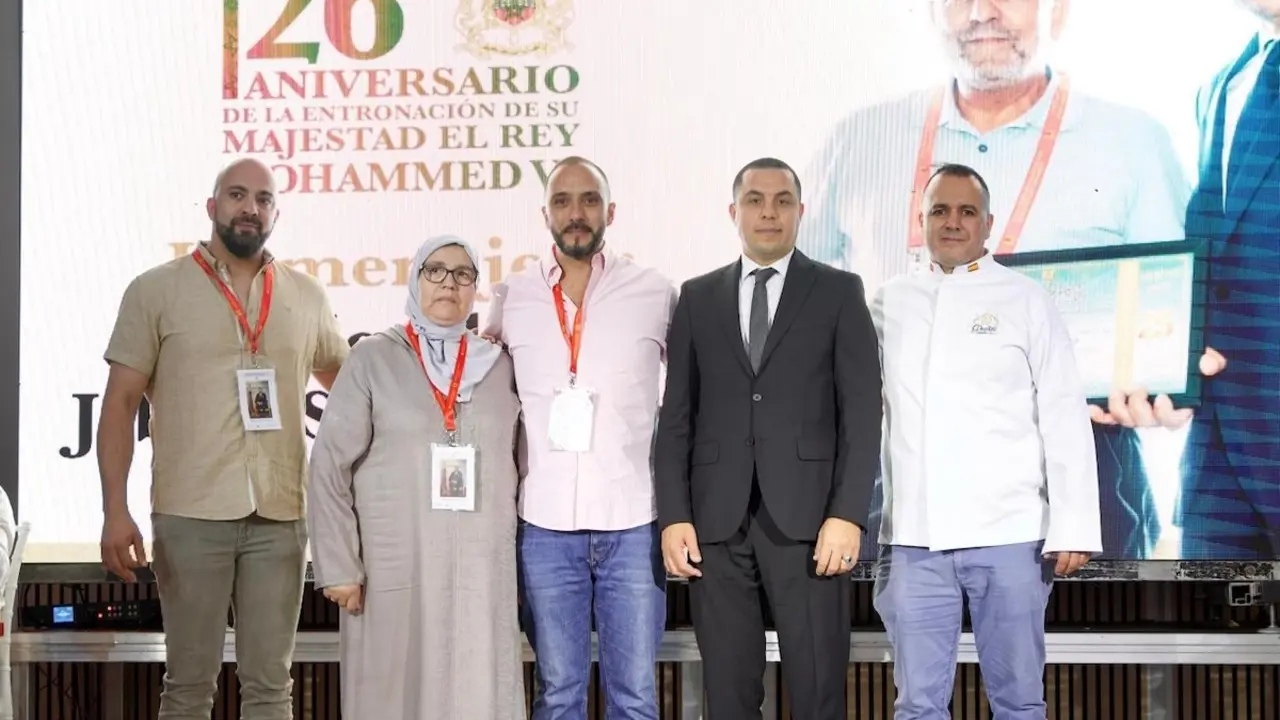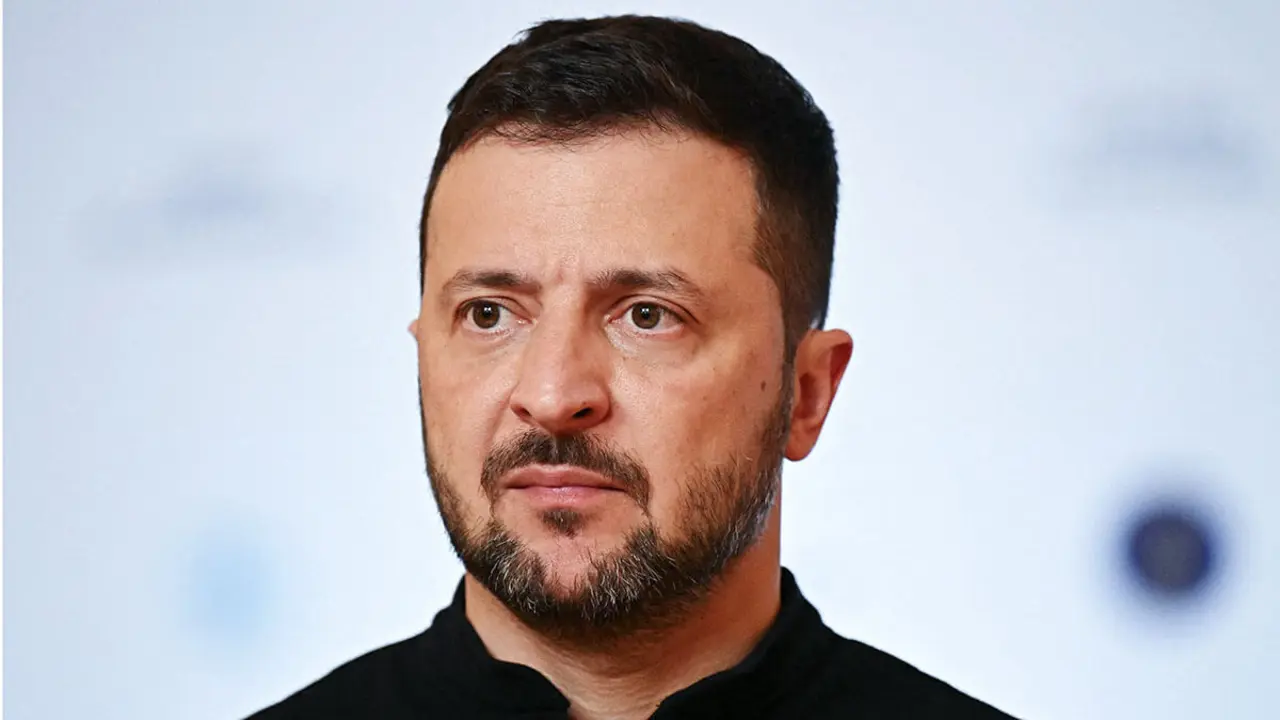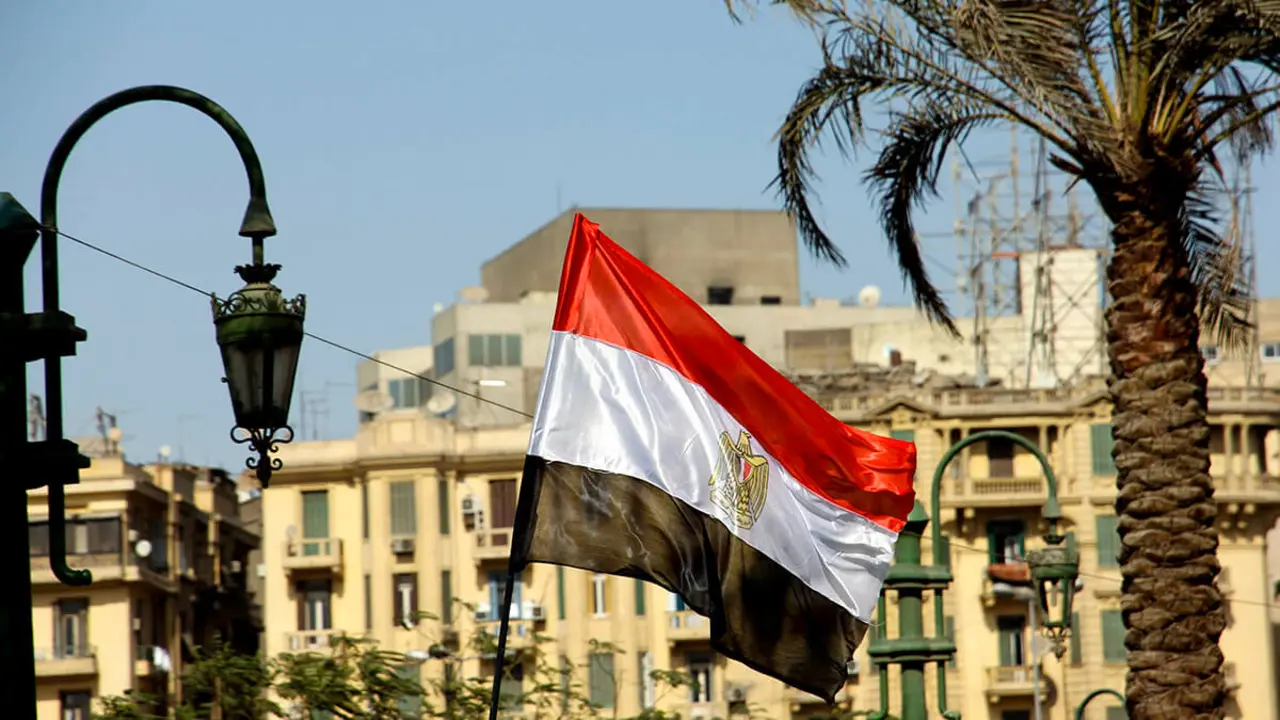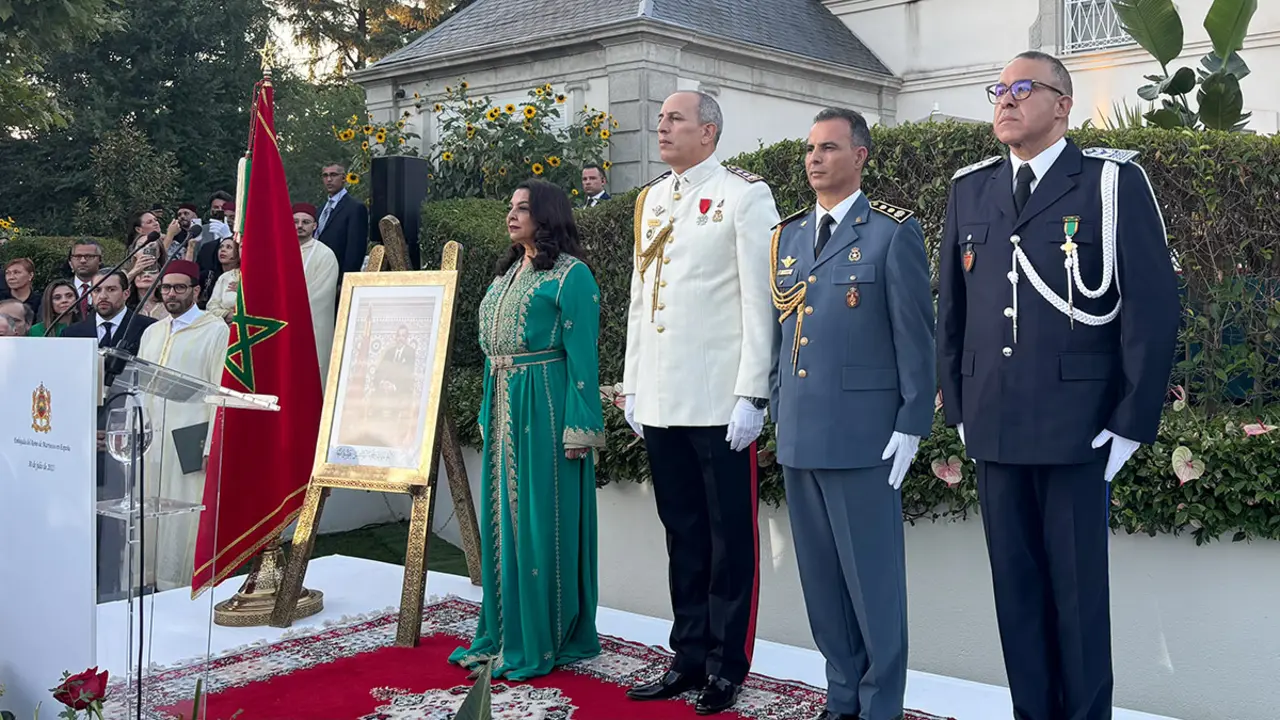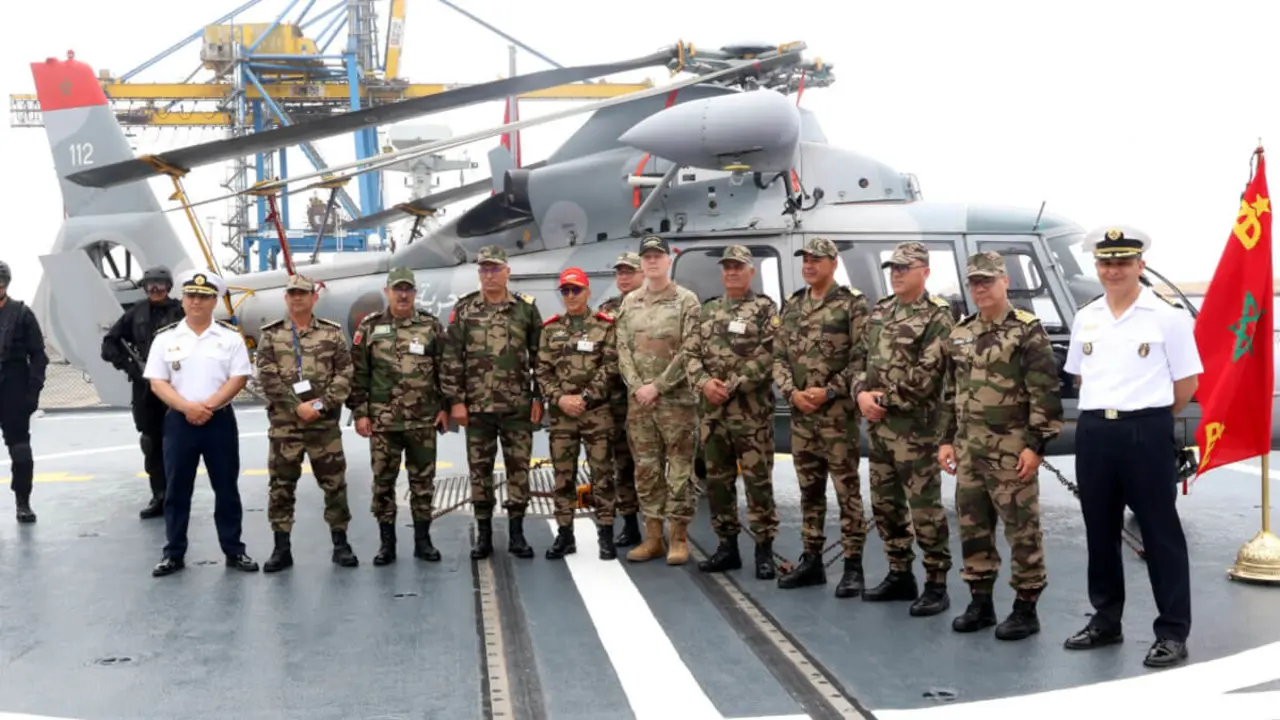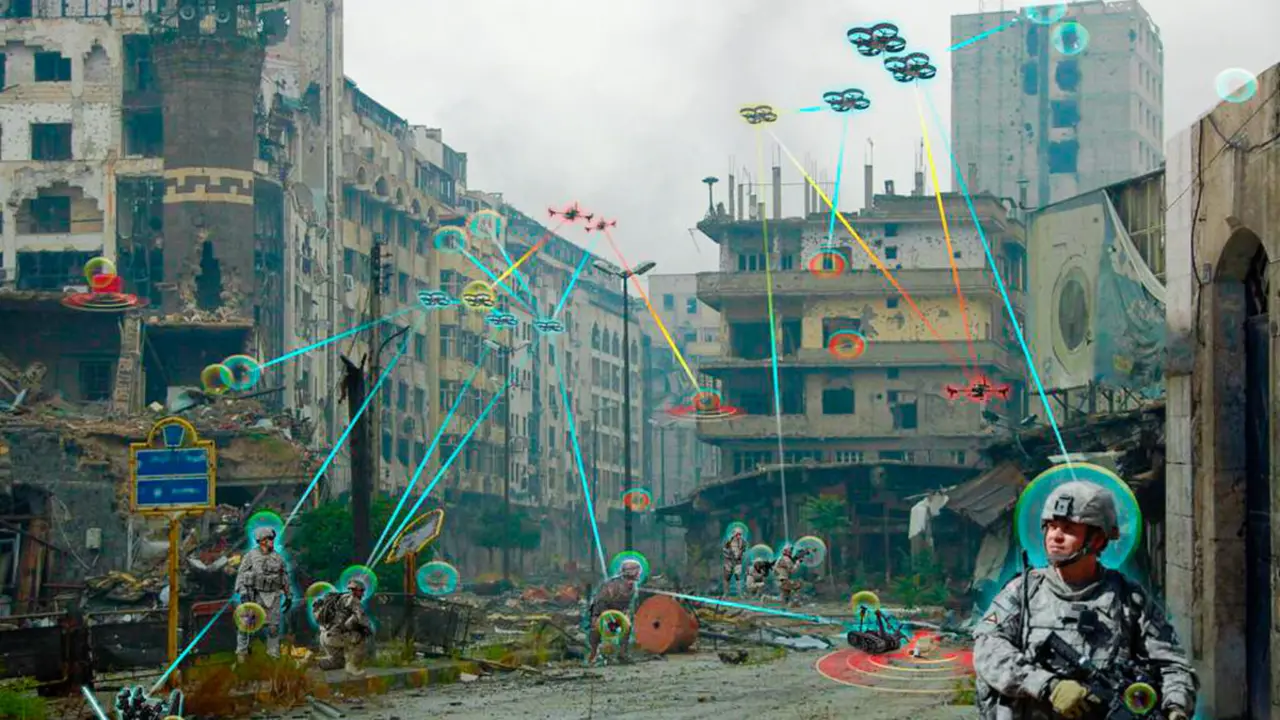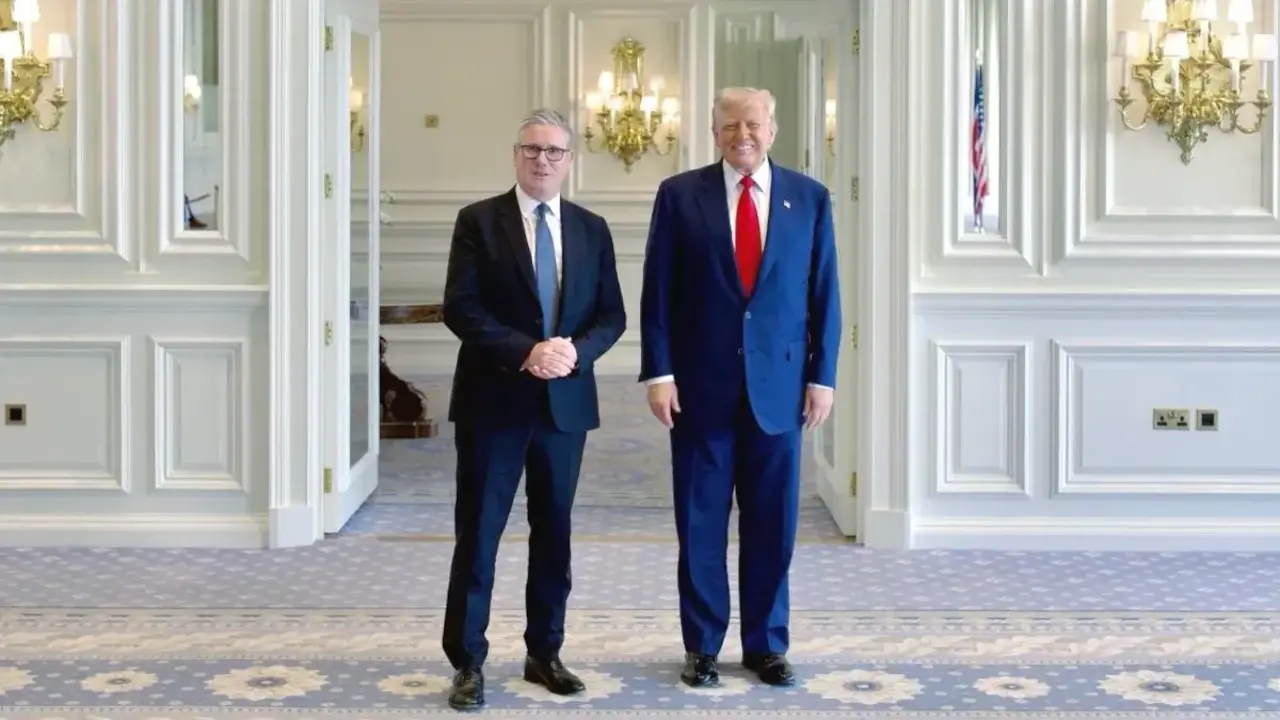Algeria, after 5 years of silence, the case of the 700 kilos of cocaine goes to trial
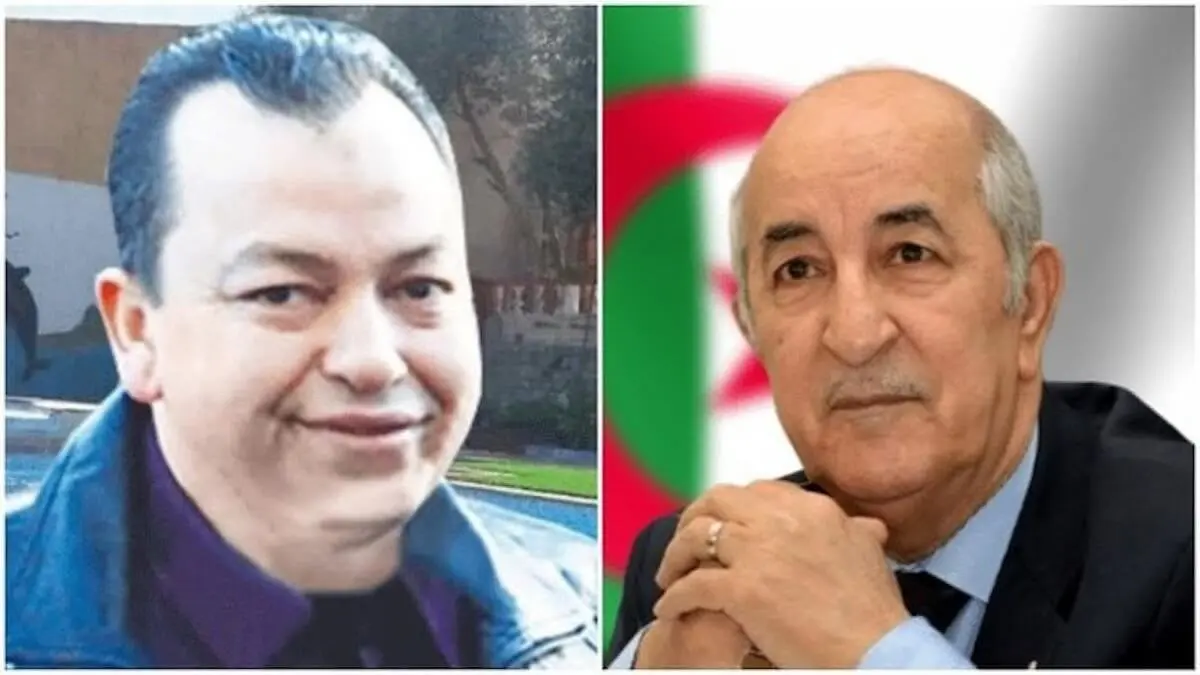
It's an affair which, at the time, caused a lot of ink and spittle to flow. It's unprecedented. This enormous quantity of cocaine was concealed in a container of frozen meat from Brazil. It was in Alicante, where the goods were due to be transhipped onto a ship bound for Oran, that they were discovered. The Spanish police alerted the Algerian coastguard. The latter in turn alerted the army's security services, who took charge of the case.
The shipment of frozen meat was destined for a company owned by a businessman who has remained anonymous until now. His name is Kamel Chikhi, but he is better known by the pseudonym "Kamel le boucher" (Kamel the butcher) in connection with his first activity. From a simple butcher, Kamel became a major importer of frozen meats, as well as a major property developer in Algiers.
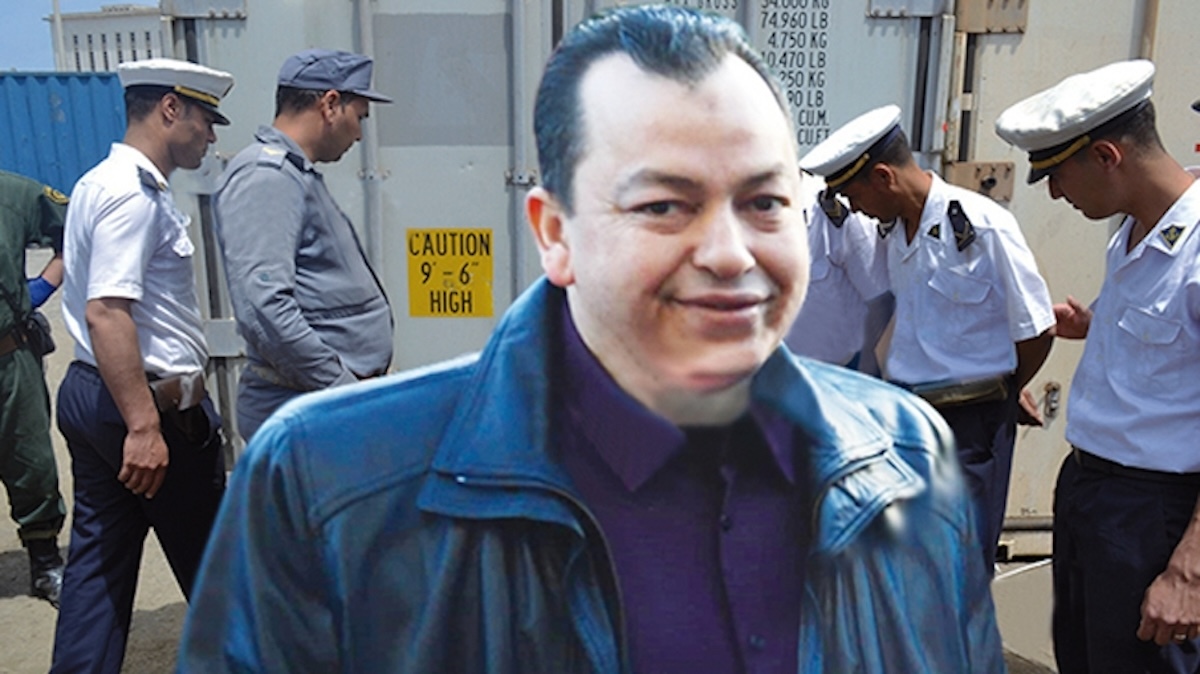
He befriended a number of high-ranking officials and several army generals. He was a specialist in bribery and corruption. All the officials who received his bribes were filmed by discreet cameras installed in his office and throughout his premises.
Among the corrupt individuals filmed by Kamel the butcher was a certain Khaled Tebboune, son of the then Minister of Housing, now President of the Republic.
The investigation, launched by the gendarmerie when it should have been carried out by the police, took a different turn. Kamel Chikhi and four others, including one of his brothers and an associate, were arrested. The cocaine affair was hushed up and diluted in a series of corruption cases against the consignee of the shipment of meat that concealed the cocaine. A series of trials against Kamel Chikhi followed, without any mention of the 700 kilos of cocaine.
On February 26, 2020, Khaled Tebboune, who had been in pre-trial detention since June 2018, was released from prison. His father has occupied the El-Mouradia palace since December 19. During the trial held at the Algiers court, Kamel Chikhi, as part of a settlement with his co-defendant's defense, told the court that the package he was handing to Khaled Tebboune, as seen in video footage recorded in his office, did not contain banknotes but two bottles of perfume that he was offering him as a friendly gesture.
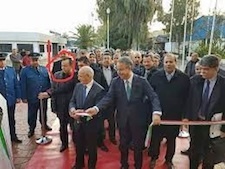
At the end of the trial, Khaled Tebboune was acquitted and his lawyer was granted a luxurious villa in the upmarket Hydra district, which belonged to the late Colonel Ali Tounsi, former Director of the Police who was assassinated in his office at DGSN headquarters by one of his collaborators, Chouaïb Oultache, on February 25, 2010. For his part, Kamel le boucher was sentenced to 8 years' imprisonment for corruption, although the corrupt party was acquitted. A year later, in another corruption case, he was sentenced to 2 years' imprisonment by the Tipaza court.
Kamel the butcher paid dearly for his corrupt tendencies, and by some mysterious manipulation his name became linked to the cocaine affair. As a result, the real kingpins in this affair are spared and nobody talks about it. His lawyers have no shortage of arguments to plead his innocence.
First of all, Kamel the butcher is not known to have been involved in drug or alcohol trafficking. These are two products he doesn't touch in any way, either for his own consumption or for his business. His business is flourishing in the meat trade and in construction. He has no need to get into trouble with drug trafficking of any kind.
On the other hand, the shipment of 700 kilos of cocaine, according to some connoisseurs, would cost at the very least over twenty million dollars. A sum that the accused does not possess. And even if he did, he wouldn't put it on the line without a solid cover. Cover that only a group of generals can provide.
Last but not least, the cargo of red meats was acquired by means of an interest-free bank loan, in accordance with the Muslim rite. Consequently, the shipment arrives in the name of the bank that granted the credit.
However, no one in charge of this bank has ever been questioned. Its boss, a Lebanese, has already been implicated in a similar affair in his own country. He is in contact with many generals in the Algerian army, to whom they granted substantial bank loans. He even granted a loan of 200 million Algerian dinars (1,354,000 euros) to the former head of the An-Nahar press group, now sentenced to 10 years' imprisonment in another case linked to his alliance with the former head of Internal Security, General Wacini Bouazza, sentenced to 16 years' imprisonment and downgraded to the rank of trooper.
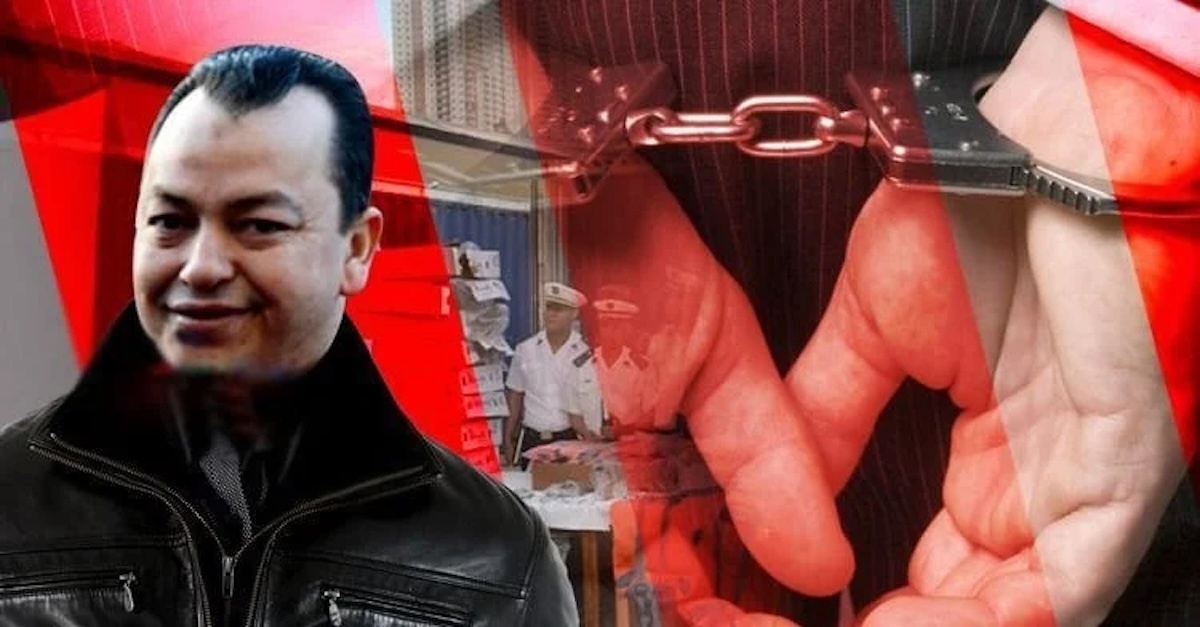
Both men are paying for having worked to block Tebboune's path to El-Mouradia during the December 2019 election campaign.
It should be pointed out that there has never been any announcement of the opening of an investigation into the 700 kilos of cocaine affair. Nor have other seizures of large quantities of this product been investigated. One example is the discovery of 3 quintals of cocaine in Skikda, in the east of the country, on January 25, 2019. This was 6 months after the 700 kilos in Oran.
A quantity of 490 kg of cocaine was intercepted in June 2021 by elements of the Oran coastguard. Six months later, in June 202, the Brazilian Federal Police announced the seizure of 481 kilos of cocaine that had been hidden in an asphalt plant in the southern city of Paranaguá, in anticipation of being shipped to Algeria.
In May 2023, the Spanish security and customs services succeeded in pulling off a huge haul against drug traffickers who were planning to smuggle a large quantity of cocaine into Algeria. At the port of Algeciras, in the extreme south of Spain, a boat was inspected and no less than 322 kg of cocaine were found. The boat carrying the container was arriving from Brazil. In other words, the Brazilian network is still active in Algeria, despite the arrest of Kamel Chikhi. None of these cases has ever been investigated, and not a single trafficker arrested.
However, when it comes to small catches, there are always arrests. This was the case of 2 drug traffickers in possession of over 5 kg of cocaine in the port of Oran, last July 13.
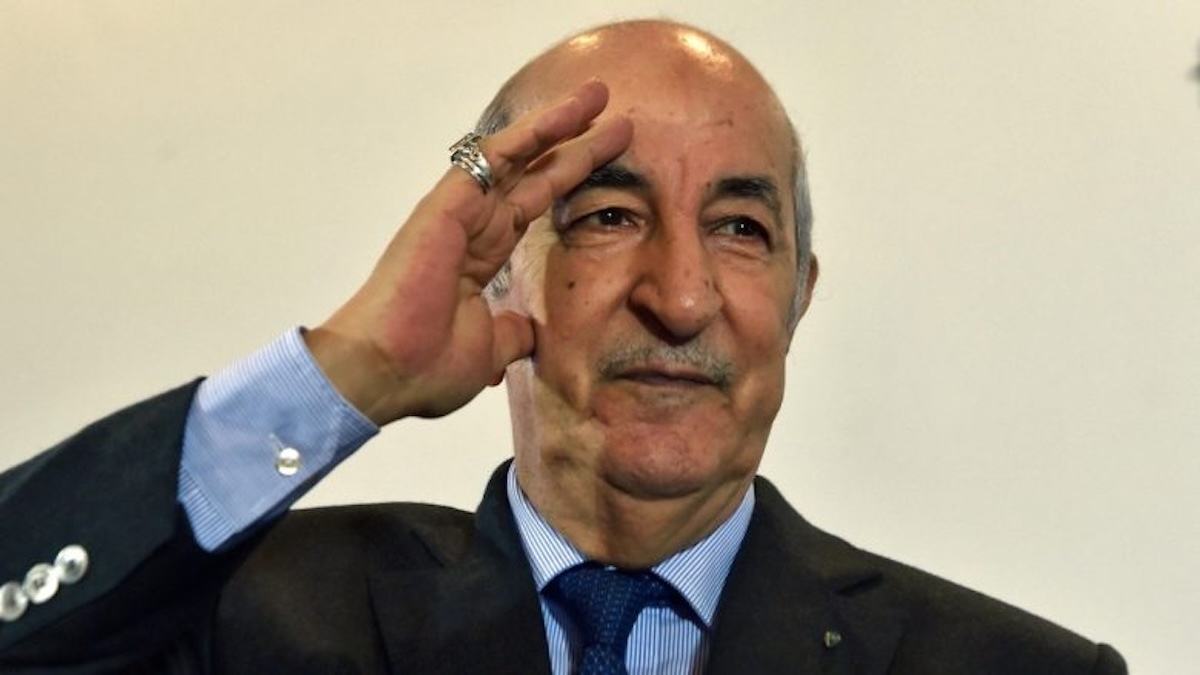
Will today's trial finally burst the abscess and bring stinging revelations on this affair which has tarnished the image of Algeria and its army?
Algerian public opinion now links the rank of general to cocaine trafficking. Even President Tebboune, in the eyes of many Algerians, is implicated in this traffic. We still remember the hundreds of demonstrators on rue Didouche Mourad, in the heart of Algiers, sniffing flour and chanting "Tebboune elcocaïne".
As long as this traffic, for which Algeria has become a hub, has not revealed its secrets, Algerians will always see the hand of their leaders in what they call "la blanche".


